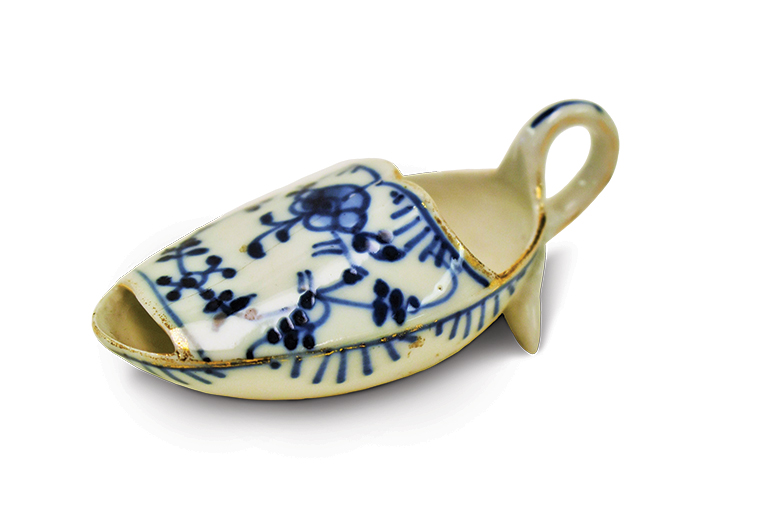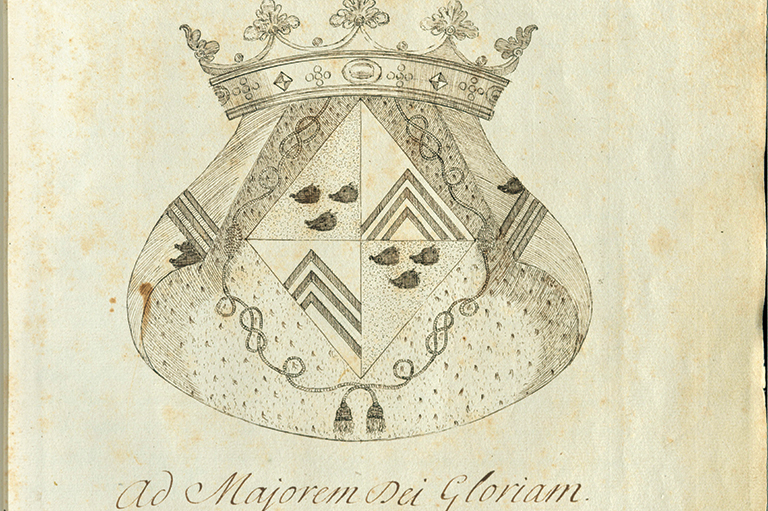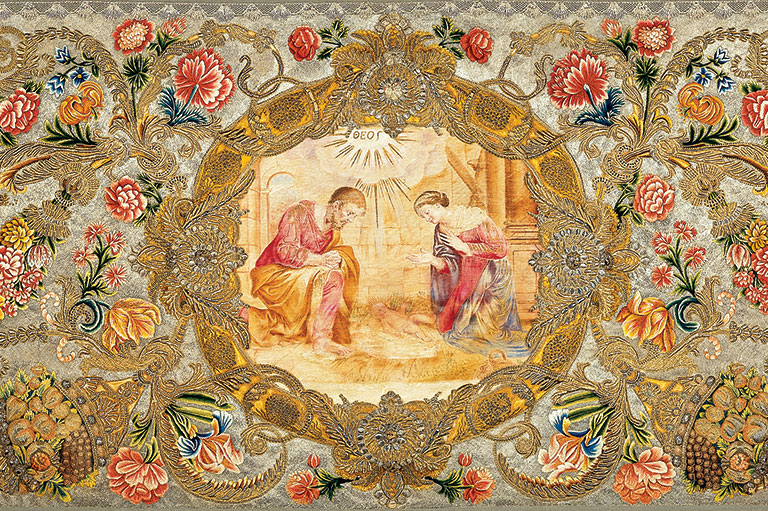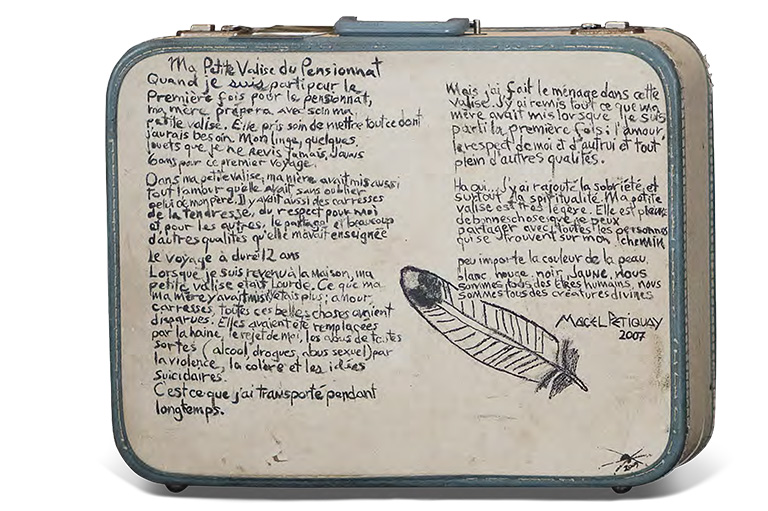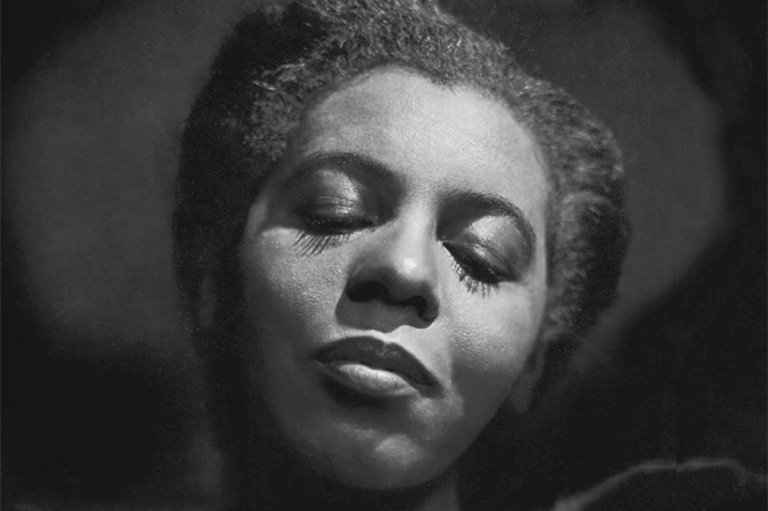Program for Les Belles-soeurs
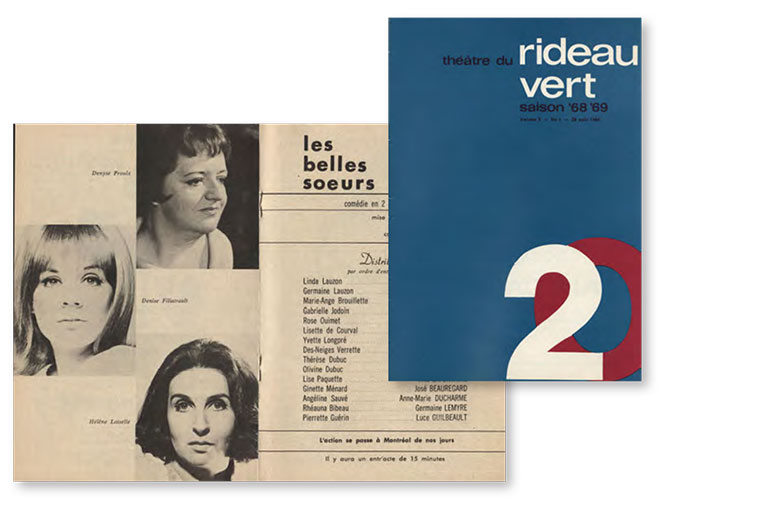
In the 1960s, Quebec thrummed with the energy of the Quiet Revolution. Society grew more secular, institutions shed their religious affiliations, and women gained new civil and social rights.
This was the vibrant backdrop against which Michel Tremblay wrote his groundbreaking play Les Belles-soeurs. Never before had audiences witnessed an all-woman cast critiquing social and religious norms onstage, in the joual dialect of working-class Québécois. The play premiered during the Théâtre du Rideau Vert’s 1968–69 season. Panned by elitist theatre critics, it won the hearts of Quebec audiences.
Les Belles-soeurs tells the story of Germaine Lauzon, winner of a million Goldstar trading stamps, who enlists her female entourage to help to stick the stamps into booklets that can be exchanged for prizes. The characters discuss their personal and collective struggles, echoing the condition of a Quebec social class whose members are caught between morals, religion, and modernity. The Théâtre du Rideau Vert production, at once realistic and satirical, secured Tremblay’s reputation as an iconic playwright whose work continues to evolve today.
With 7 uniquely curated newsletters to choose from, we have something for everyone.
Themes associated with this article
Advertisement


